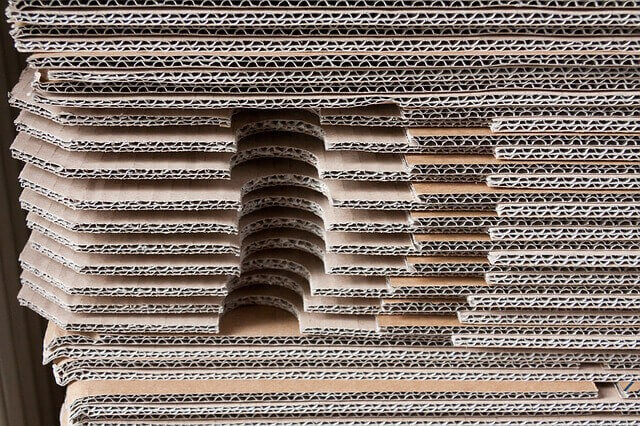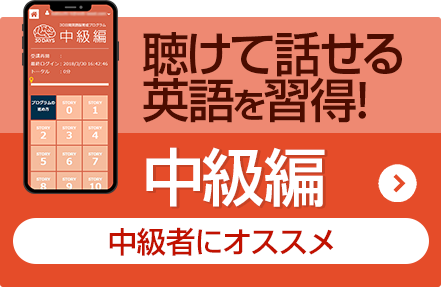- 30日間英語脳育成プログラムTOP ›
- 英話を話す100のヒントTOP ›
- 文法・単語・読解のヒント ›
- 英文読解“moving”
- 横浜市立大学
長文読解をしながら異文化も身につけよう!
英会話教材の英会話上達研究会です。日本とイギリスの引っ越し習慣、どこが違うのか英文を読んで異文化を身に付けましょう!
英文読解 英文を読むことに慣れよう!
[1]
In Japan, many people move in the Spring, in time for the new fiscal and academic year that begins in April. When they move to a new home, people set about getting to know their neighbours. The customs for community-building in Japan are different from those in Britain.
◎語注
in time (for)「~に間に合って」 fiscal year「会計年度」 academic year「学年度」 set about「~し始める、~しようとする」 get to do「~するようになる」 community「地域社会」
●要約
日本では会計年度や学年度が4月に始まるので、春は引越しの季節です。引っ越すと、近所の人とのお付き合いが始まりますが、地域社会の築き方はイギリスの習慣と違います。

[2]
When I was growing up in Wales, if a new family moved to the village, it was the custom to visit them, to introduce yourself.
●要約
ウェールズでは子供の頃、新しい一家が村に引っ越してくると、(私たちの方から)その家に挨拶に行くのがふつうでした。
[3]
Imagine my astonishment when I moved to Zushi with my husband, and he said we had to visit the neighbours to introduce ourselves!
◎語注
astonishment「驚き」
●要約
逗子に引っ越してきたとき、夫がご近所に挨拶に行こうと言ったとき私はとても驚きました。
[4]
However, that is the custom in Japan. Newcomers are supposed to pay a formal call on their close neighbours, to offer a small gift and to request being accepted into the community.
◎語注
be supposed to do「~することになっている」 pay a call on「~を訪問する」
●要約
でもそれが日本の習慣ですね。新しく引っ越してきた人は、小さな手土産をもってご近所をきちんと訪問し、その地域社会に受け入れてもらいます。

[5]
Scenario A
You have moved to a village in Wales, and someone knocks on the door.
"Hello! I am Elin Jones from the farm up the road. I have brought you some new laid eggs. I hope you are going to be happy in our village. If there is anything you need, please do not hesitate to come up to the farm and ask our advice."
"Good afternoon. I am Mary Lloyd from the pink cottage down the road. My mother asked me to bring you this bunch of flowers from the garden. Since we live so close, she said if you run out of milk or tea or anything, to please drop by."
◎語注
scenario「シナリオ、場面」 new laid egg「産みたての卵」 Please do not hesitate to do ~.「どうぞご遠慮なく~ください」 run out of「~を使い果たす、切らす」 drop by「ちょっと立ち寄る」
●要約
場面A
あなたがウェールズのある村へ引っ越しました。すると、誰かがあなたの家のドアをノックします。
「こんにちは。エリン・ジョーンズと申します。この道の上の牧場に住んでいます。どうぞ、産みたての卵です。この村を気に入っていただけるとよいのですが。何かありましたら、どうぞご遠慮なく牧場にいらしてご相談くださいね。
「こんにちは。メアリー・ロイドと申します。この道の下のピンクの田舎屋に住んでいます。どうぞ、この花束は母からです。うちの庭から摘んできました。近くに住んでおりますので、母の申しますには、ミルクや紅茶などを切らした場合には、是非お立ち寄りくださいとのことです。」

[6]
Scenario B
You have moved to a small town in Japan, and you knock on someone's door.
What do you say?
Anne: Why on earth did you buy so much 'osoba'?
Jiro : It is to take to the neighbours when we go round to say we have moved 'near' to them.
Anne: Ah! Now I understand! The word 'soba' also means 'near'! Clever idea!
◎語注
on earth 「(疑問詞・否定を強めて)いったい全体」
●要約
あなたが日本で小さな町に引っ越してきました。それで他の人の家のドアをノックします。何と言いますか。
アン :一体全体なんでそんなにたくさん「おそば」を買ったの?
ジロー:ご近所へ「おそば」に引っ越してきましたと挨拶するときに持っていくためだよ。
アン :ああ、やっとわかったわ!「そば」は「近い」の意味ね!いい考えね!
<語注&要旨 佐々木彩子/神奈川大学非常勤講師>
- Catharine Nagashima
- 横浜市立大学及び神奈川大学非常勤講師。ウエールズ国立大学卒業。町づくりコンサルタント。




